Welcome to our UPSC History Syllabus page! History is a crucial part of the UPSC Civil Services Examination, covering a vast timeline from ancient civilizations to modern India and world history. Here, you’ll find a detailed breakdown of all history topics, helping you streamline your preparation for both the Prelims and Mains exams. Whether you’re focusing on India’s rich heritage, significant world events, or key movements that shaped our nation, this syllabus will guide you through every essential aspect. Stay organized, stay focused, and take a step closer to your IAS dream!
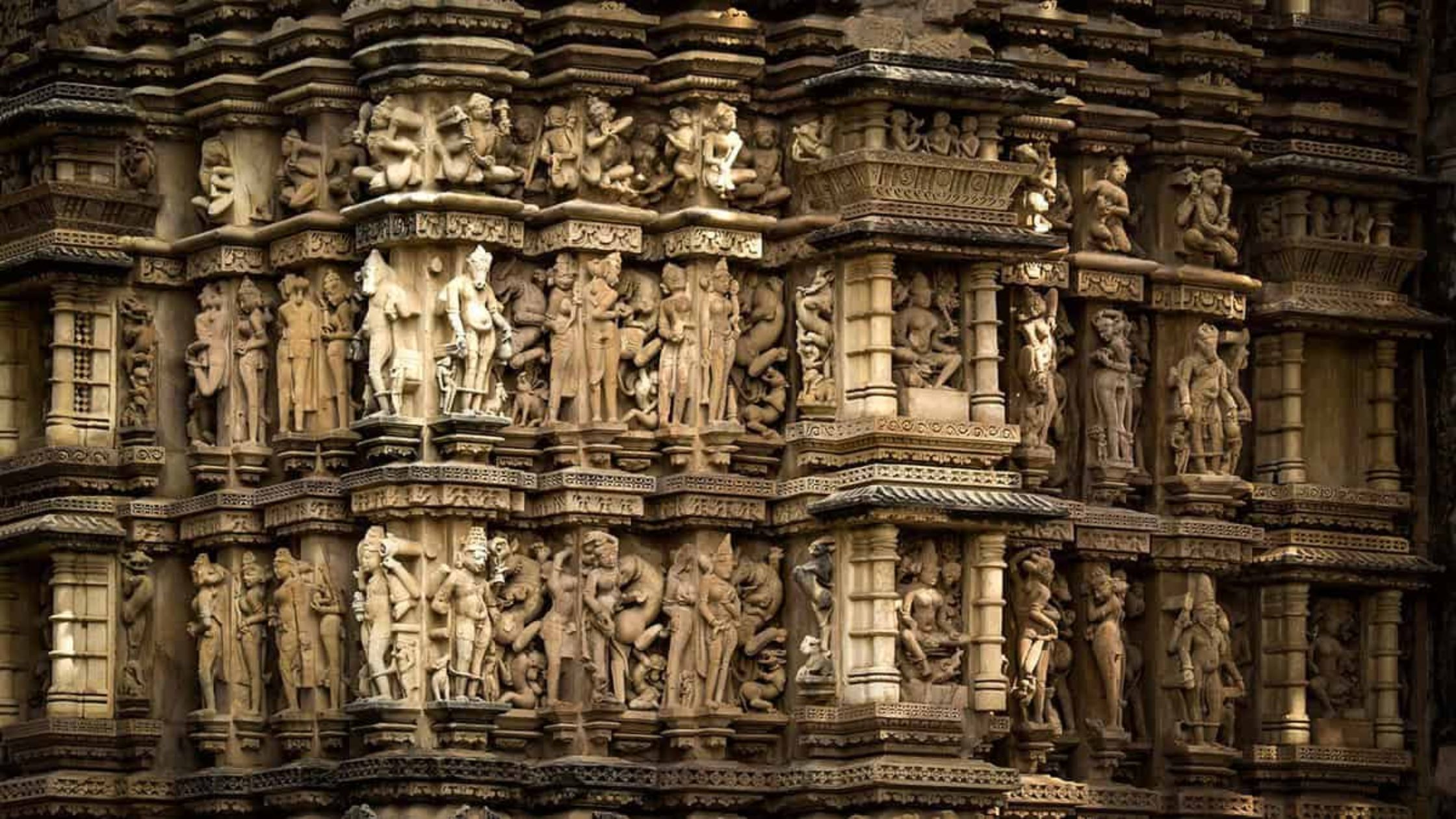
Ancient India is a fascinating era that lays the foundation of our civilization, culture, and traditions. Spanning from the prehistoric period to the end of the Gupta Empire, this era covers the Indus Valley Civilization, Vedic Age, Mahajanapadas, Mauryan and Gupta dynasties, and the evolution of art, religion, and society.
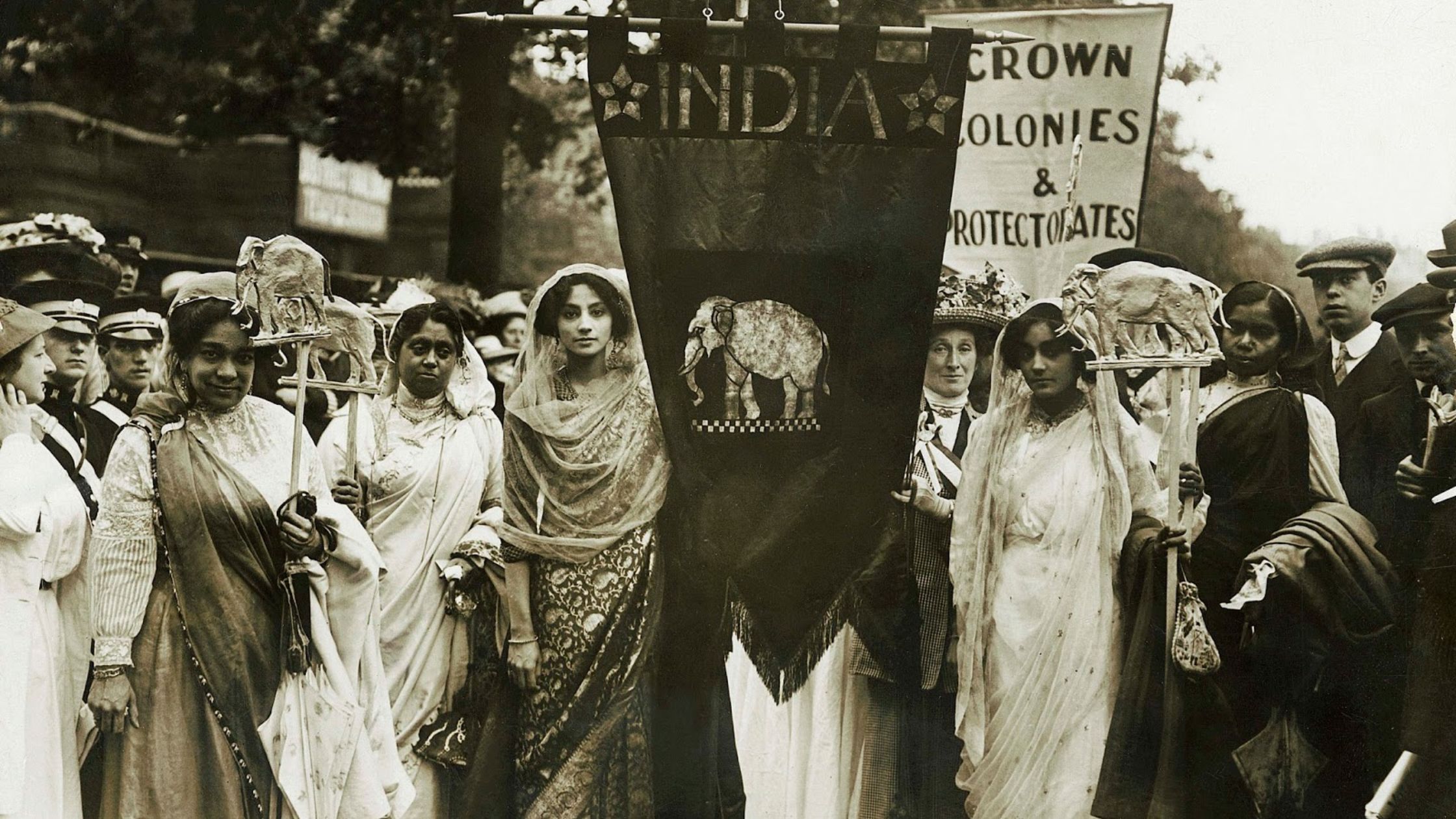
Post-Independence India marks a transformative period in the nation’s history, beginning in 1947 with freedom from British rule. This era witnessed nation-building efforts, economic planning, social reforms, and political challenges as India navigated its path as a sovereign democracy.
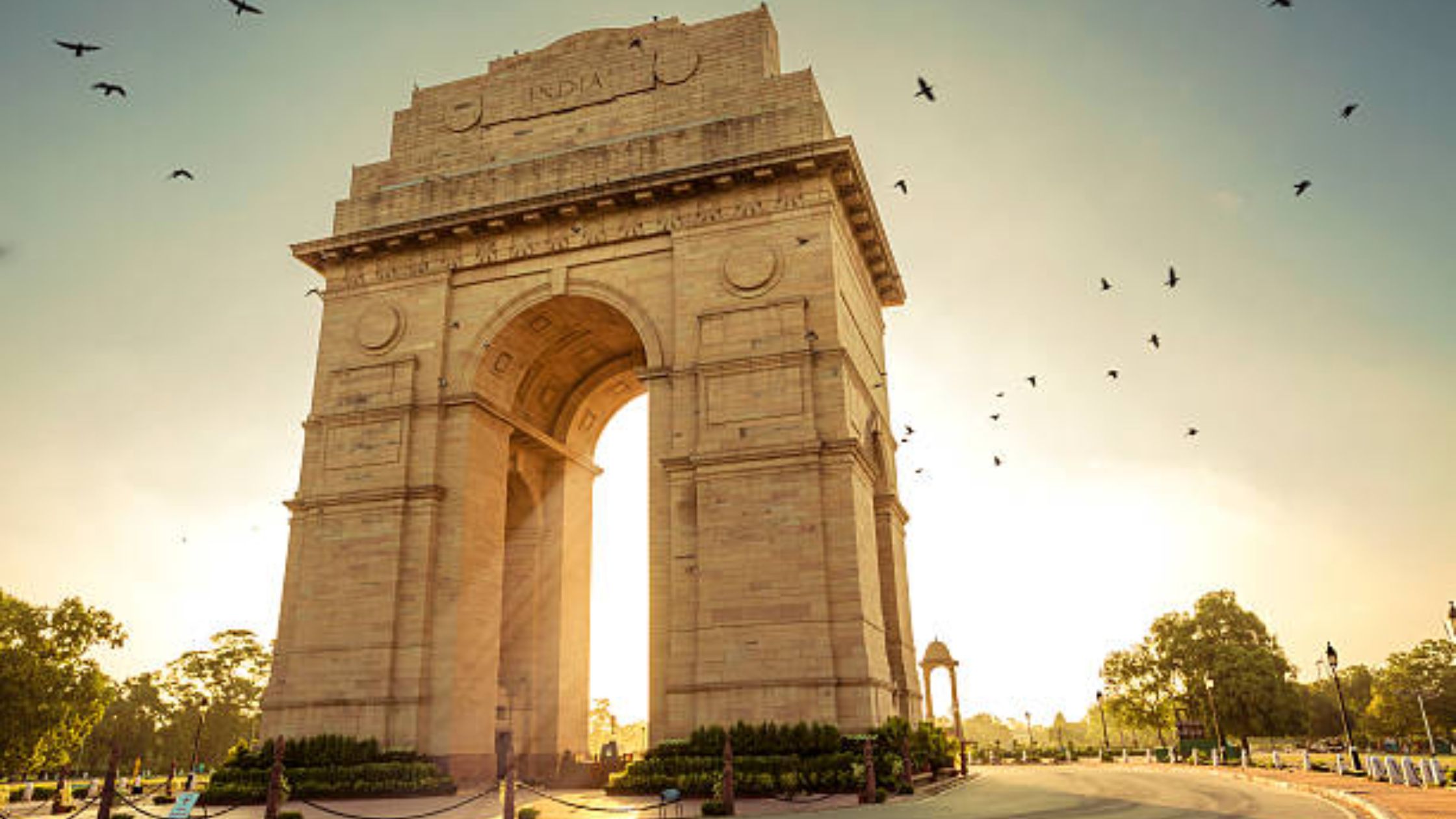
Modern India is a vibrant democracy, blending its rich cultural heritage with rapid technological and economic advancements. Since gaining independence in 1947, India has emerged as a global powerhouse in IT, space exploration, and industry while maintaining its deep-rooted traditions.
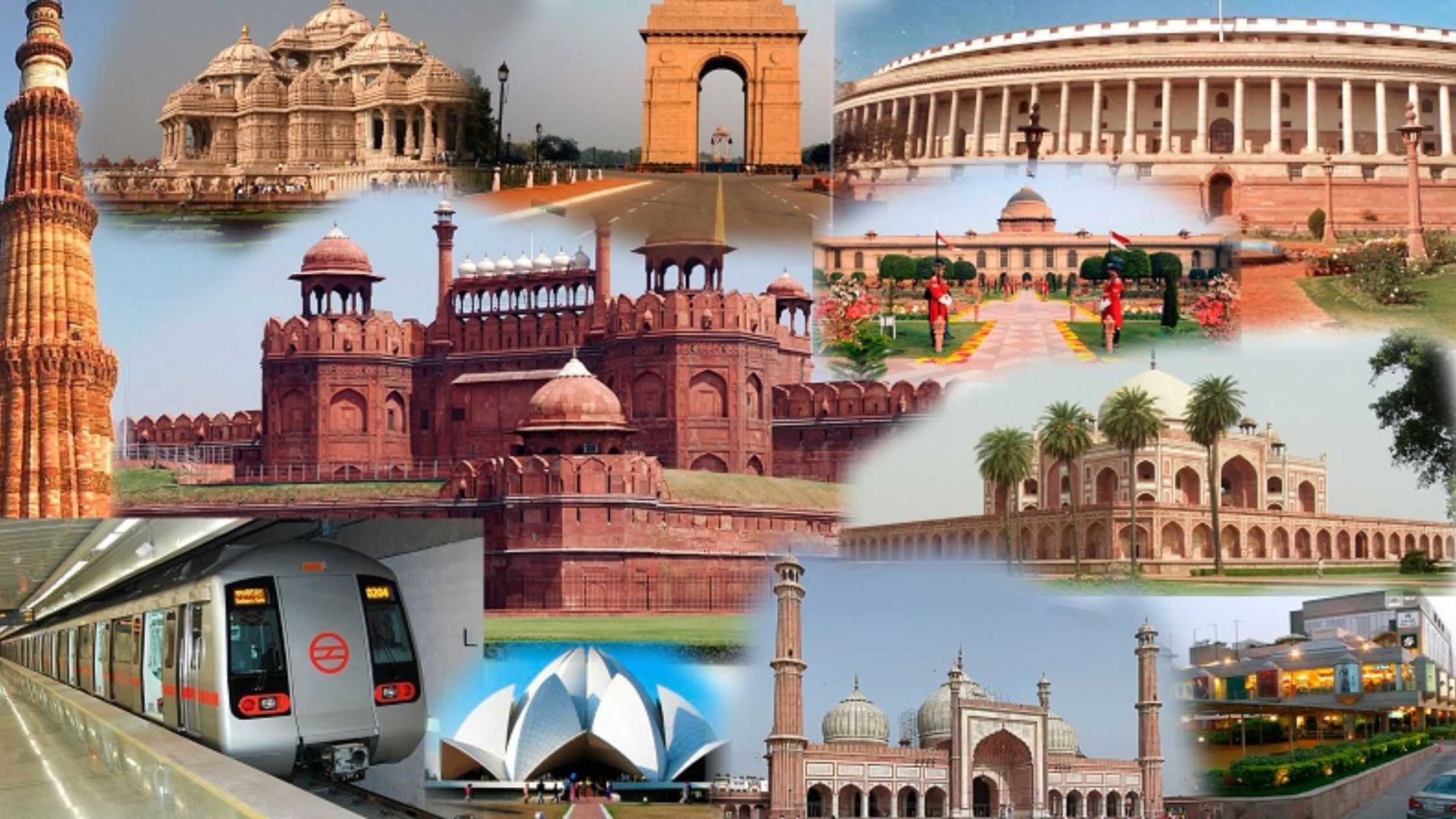
Indian heritage and culture are among the oldest and most diverse in the world, shaped by centuries of history, traditions, and influences. From ancient temples and majestic forts to classical dance forms, music, and literature, India's cultural richness is reflected in every aspect of life.
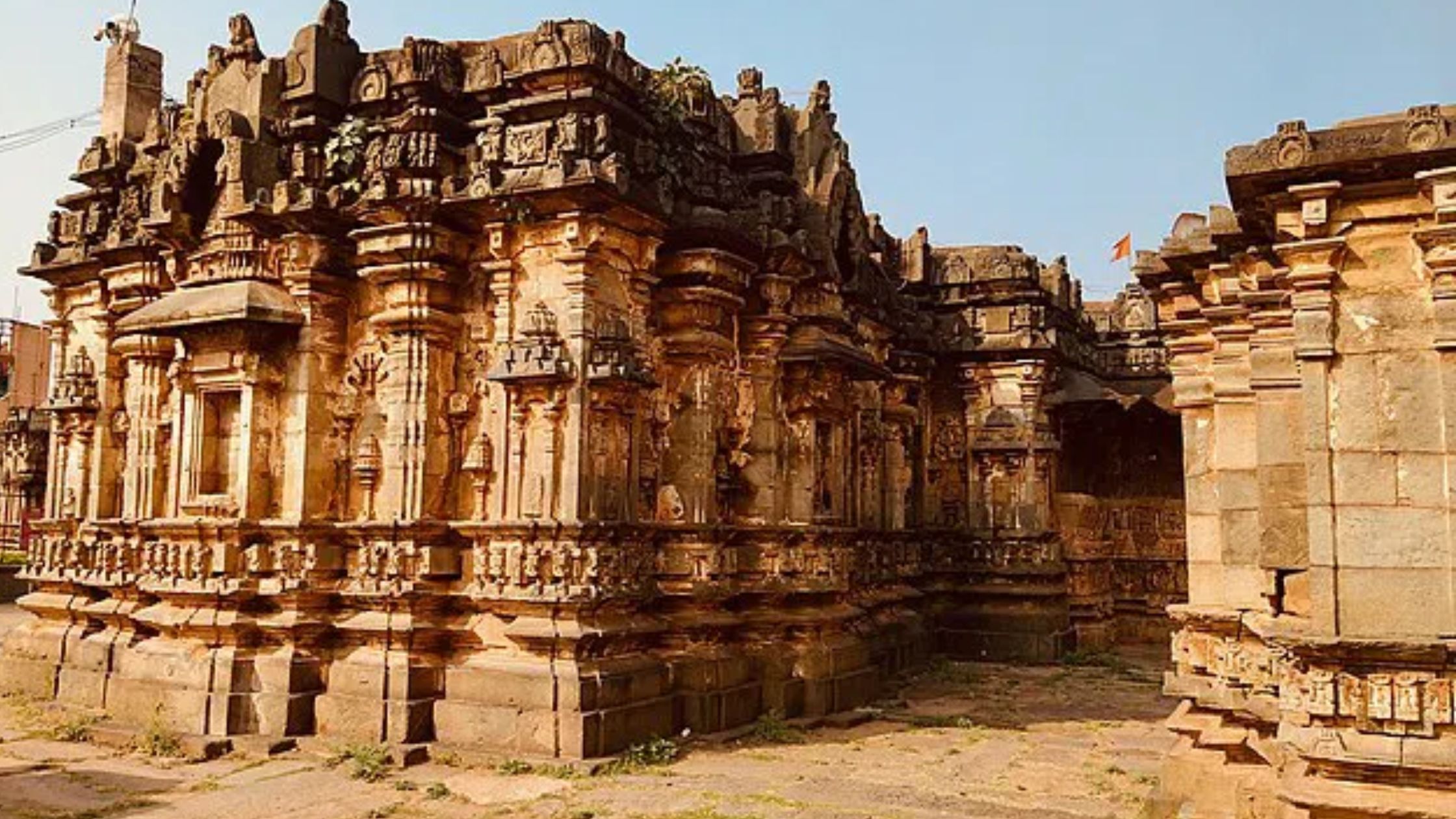
Medieval India (8th to 18th century) was a period of significant political, cultural, and architectural developments. It witnessed the rise and fall of powerful dynasties such as the Rajputs, Delhi Sultanate, and the Mughals, who influenced the subcontinent with their administrative systems, art, and culture.

World history is a vast and interconnected narrative of human civilization, spanning from ancient times to the modern era. It encompasses the rise and fall of great empires like the Roman, Persian, and Mongol empires, as well as major events such as the Renaissance, the Industrial Revolution, and the two World Wars.

One98 Edu Solutions. ©2025. All Rights Reserved.